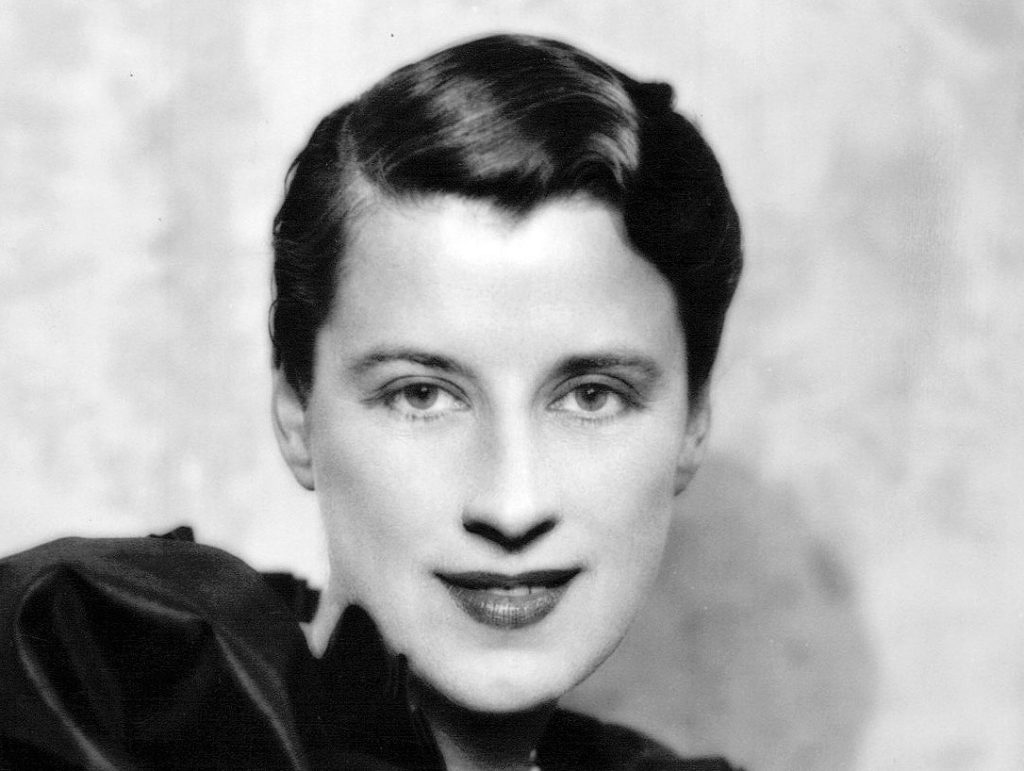OTD in early British television: 5 August 1939

John Wyver writes: Nearly three years on from the first 405-line broadcasts from Alexandra Palace to Radiolympia, the levels of creative ambition and achievement were exceptionally high. The producers were creating innovative drama, mounting complex OBs and, as yesterday’s post suggested, developing new forms like the studio documentary. But inevitably there were days when it was clearly a stretch to fill the nearly three-hour schedule. One of those days would appear to have been Saturday 5 August 1939.
Following the increasingly tired-looking BBC Television Demonstration Film and an edition of the low-end Ace Magazine newsreel ,in the morning, programmes proper started at 3pm with Nancy’s Puppets, a 12-minute presentation of Nancy Worsfold’s marionettes performing nursery thymes.
Following which was the cartoon Old King Cole, which I think must have been this 1933 Disney Silly Symphonies title (complete with racially derogatory imagery). Much of its charm would have inevitably been lost in monochrome.
Following which there was a 10-minute demonstration of model trains in the studio by Colonel R. Hervey, CMG, DSO, Vice Chairman of the Model Railway Club, and then an edition of British Movietone News (no 530A), with stories about the King and Queen on holiday at Ballater, the continuation of the Mongolian war, and US bombers flying over Boulder Dam.
Reginald Arkell’s comedy sketch Percy Ponsonby Packs for Bank Holiday came next, before the afternoon was rounded out by another cartoon, Monkey Into Man, which I have been unable to identify further.
Similarly fragmentary, the evening’s offerings were a little more alluring, starting with an 11-minute sequence of songs by notable revue chanteuse and Noel Coward collaborator Beatrice Lillie (above, photographed in 1950 by Hal Phyfe).
Of a similar performance by Beatrice Lillie a month before, Grace Wyndham Goldie wrote:
Miss Beatrice Lillie, oddly enough, suffered quite considerably from the change to television. It was extraordinarily interesting to see her. She was as natural, as finished and as easy as if she had done her stuff a dozen times in front of the television cameras.
She sang Noel Coward’s ‘Weary of it All’ with the most astonishing skill, deliberately exploiting the sophisticated desire to enjoy a trivial sentimentality even while despising it; deliberately using the most professional precision to create flattering air of amateurism and inconsequence.
Yet… [and the ellipsis is in original] Yet she remained obstinately within the framework of the television screen. She didn’t quite come over. Why? Because the direct method, the direct appeal to the individual which is implicit in Ruth Draper’s impersonations, explicit in the turns of such entertainers as Edward Cooper, and Arthur Askey and Cyril Fletcher and used a knock down blow by comedians like George Robey and Lupino Lane, is not in Miss Lillie’s style. And it is the direct method which wins in television every time.
Moving on, one of the (many) under-appreciated aspects of the pre-war schedules is the prevalence of Walt Disney cartoons, and next was another: Giantland (1933), the 62nd outing of Mickey Mouse, with Walt himself voicing Mickey.
Following which Reginald Gamble gave a demonstration of honey extraction from a hive, which presumably has been brought into the studio [the link is to a 1945 radio recording of Gamble talking about bees], and then producer Philip Bate oversaw soloist Albert Sammons and the BBC Television Orchestra play Mozart’s ‘Violin Concerto in G Major’. Bate was already known for his imaginative visualisations of classical music, and this may have given him the chance to push the studio set-up in new ways.
After which came a six-minute monologue, The Tram Conductor, especially written for television and peformed by Wilfred Walter, recently in the Will Hay comedy Convict 99 (1938), and then Gaumont British Newsreel no 584, with items about yatching in Cowes, the Bishop of Chester playing a barrel organ, and items marking the anniversary of the start of the Great War.
The penultimate transmission was famed caricaturist Oscar Berger drawing sea-serpents and, apparently, Montagu Norman ‘bathing in the sun’. Known in part for his mocking drawings of Hitler and his co-conspirators in the 1923 Munich Beer-hall Putsch, Berger had fled Germany in 1932 and was living and working in England, as he did throughout the war before moving to New York and becoming an American citizen. Montagu Norman was the somewhat raffish governor of the Bank of England, a position he had held since 1920, although why he should have been singled out in this way for Berger’s attention is, at this distance, a mystery.
Intriguingly, both the Walter monologue and Oscar Berger on camera were overseen by the BBC’s head of productions Val Gielgud, who was mostly a radio drama man but who had just begun a short attachment to the television service. a month later, his debut as a producer of a full-length drama was cancelled because of the wartime shutdown.
The evening was closed out by two minutes of Dorothy Hildreth, former pupil and wife of Lev Pouishnoff, at the piano playing a fragment of Glazunov’s ‘Sonata in B Flat Minor’. After which, at 10.27, at the end of a fairly uninspired day of television, lookers-in could go more or less contentedly to their beds.
[OTD post no. 231; part of a long-running series leading up to the publication on 8 January 2026 of my book Magic Rays of Light: The Early Years of Television in Britain, which can now be pre-ordered from Bloomsbury here.]
Leave a Reply